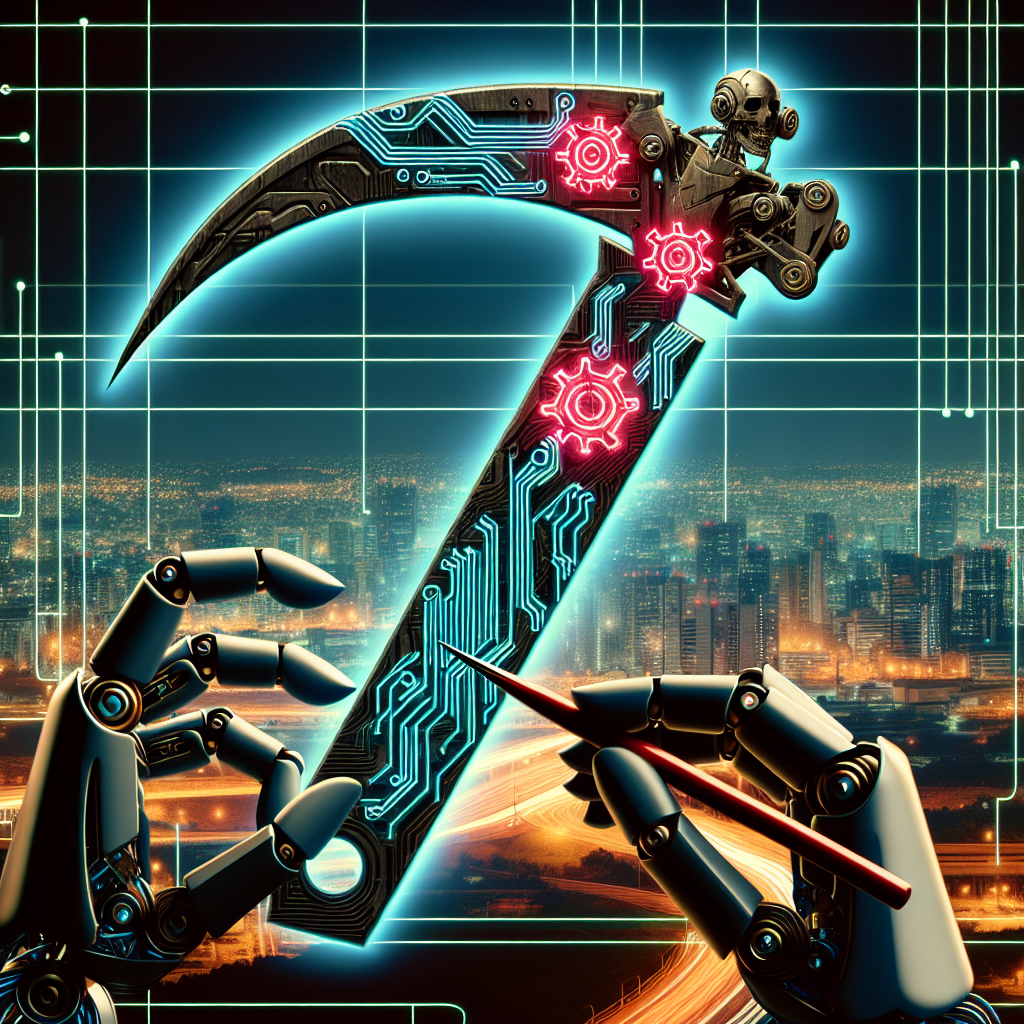Trending
Catogery Tags
a.i. AEO AGI AI Arduino artificial intelligence automation BiBli BiBli OS Business Intelligence Caleb Eastman Cellular ChatGPT Cleaning Coding Music Colorado Data Deep Learning Elon Musk Google hacking Hinton How to HVOB Innovation IoT Jalali Hartman Lex Fridman Machine Learning Microsoft NVIDIA OpenAI Raspberry Pi ROBAUTO Robauto.ai Robotics Robots Sam Altman Search SEO Signals Space TESLA Trump Who Is
-

What are the top Reddit Communities in 2025?
Reddit has become a great place to interact with communities and also… Know More
-

Microsoft’s Mustafa Suleyman & a Fresh Take on A.I.
I rarely pause on LinkedIn to read something. But a recent post… Know More
-

A.I. Nobel Prize Winner’s speech
He would later be quoted saying “If you want to know how… Know More
-

Rizbot on the loose in Texas
Seen recently wandering the streets of Austin, Texas, this bot rizzes up… Know More
-

Godfather of AI – Geoffrey Hinton – Warning of Danger of AI
Hinton famously invented the neural network before retiring with 10 years at… Know More
-

What is meant by the term Digital Twin?
A digital twin is a virtual representation of a physical object or… Know More
-

Who is Scythe Robotics?
“Discover the cutting-edge technology of Scythe Robotics, a leading company in the… Know More
-

OpenAI’s Sora Launches & Already at Capacity
Imagine typing into a prompt and having an award-winning video produced in… Know More
-

Swedish Nanobots Could Cure Cancer
Researchers have been working for years on tiny robots that can be… Know More







